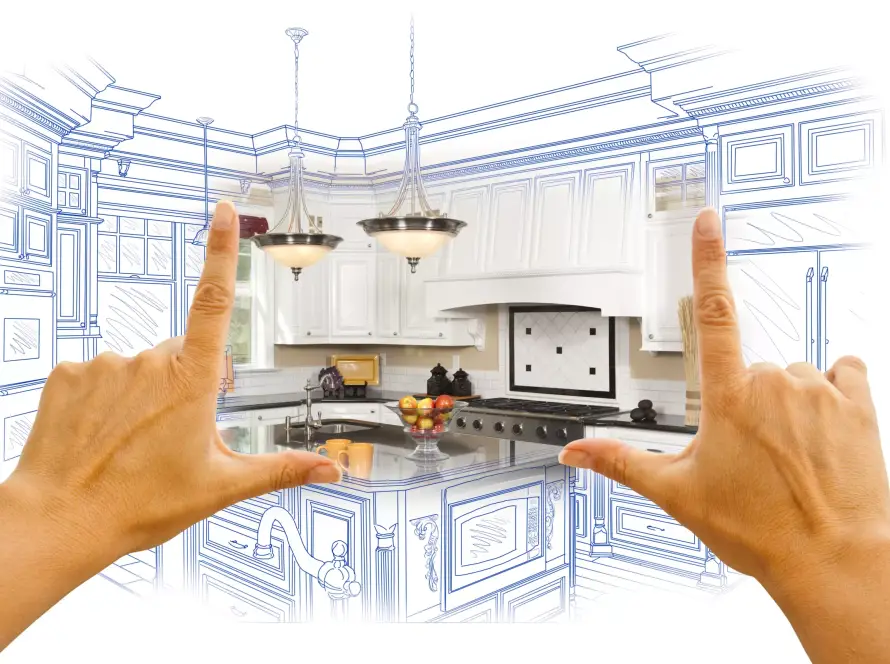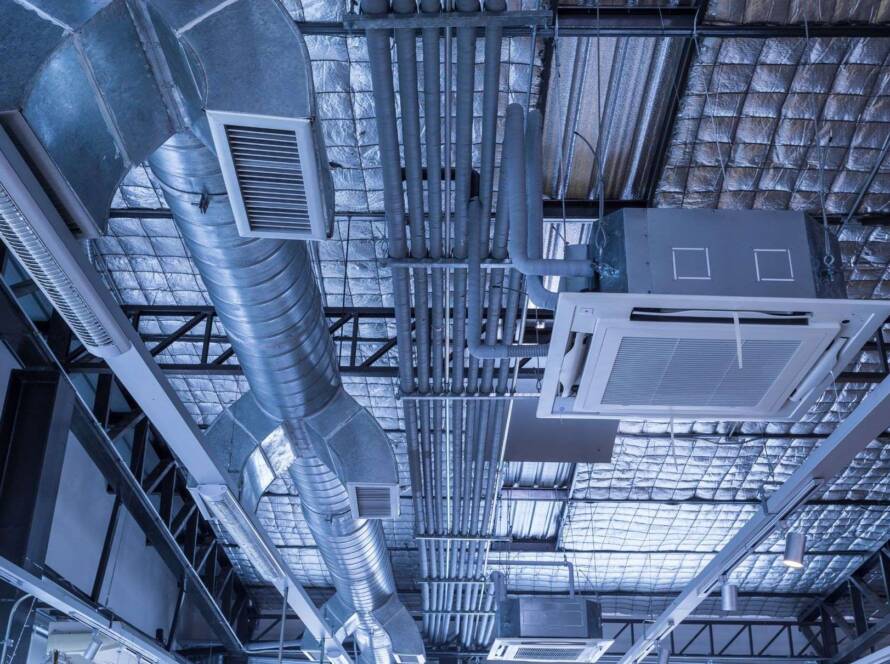When it comes to the functionality and comfort of your facility, a properly designed and maintained HVAC (Heating, Ventilation, and Air Conditioning) system plays a vital role.
Enlisting the expertise of a good HVAC engineering service is essential to achieving optimal performance, energy efficiency, and indoor comfort. In this article, we will explore why a good HVAC engineering service matters and how it can significantly improve the efficiency and reliability of your HVAC system.
From expert knowledge and system design to compliance with regulations and cost savings, we will uncover the key reasons why investing in a reputable HVAC engineering service is crucial for the success of your facility. So, let’s dive in and discover why a good HVAC engineering service should be at the top of your priority list.
Here are some reasons why a good HVAC engineering service matters:
1. Expertise and Knowledge
Choosing a good HVAC engineering service is like having a seasoned guide on a complex terrain. Their expertise extends beyond the basics, encompassing the latest technologies and industry advancements.
Here’s why their know-how matters:
- Technology Mastery: Proficiency in cutting-edge HVAC technologies ensures optimal system design.
- Regulatory Understanding: In-depth knowledge of evolving regulations ensures compliance.
- Problem-Solving Prowess: Experience equips them to troubleshoot issues swiftly and effectively.
- Tailored Solutions: Their understanding of diverse building needs results in customized, efficient solutions.
In the realm of HVAC, expertise and knowledge aren’t just assets; they are the pillars supporting a resilient and high-performing building.
You might also like: A Guide to HVAC System Design
2. System Design and Optimization
Rudimentary design and optimization are the backbones of an efficient HVAC system, a domain where a good HVAC engineering service truly shines.
- Load Calculation: Accurate calculation of heating and cooling loads ensures optimal system sizing.
- Ductwork Design: Well-designed ductwork guarantees proper airflow and distribution throughout the building.
- Equipment Selection: Choosing the right HVAC equipment based on efficiency and capacity is a crucial aspect of system design.
A skilled engineering service conducts a thorough analysis, balancing the intricacies of your building’s layout, occupancy, and usage patterns to ensure maximum efficiency and performance. In the realm of HVAC, precision in design leads to unparalleled comfort and cost-effectiveness.
You might also like: Four-Phase Process of Quality HVAC Design Services
3. Energy Efficiency
The significance of energy efficiency in the quest for sustainable building practices cannot be overstated. A good HVAC engineering service is instrumental in this pursuit, incorporating cutting-edge technologies and practices to minimize energy consumption.
These services ensure that your building operates at maximum efficiency by optimizing system components, embracing energy-efficient designs, and integrating smart controls.
The result is a reduced environmental footprint and substantial long-term cost savings. Investing in a proficient HVAC engineering service is a forward-thinking decision that aligns your building with the principles of energy conservation and environmental responsibility.
4. Indoor Air Quality
Indoor air quality is a pivotal aspect of building comfort and occupant well-being. A proficient HVAC engineering service goes beyond temperature control and contributes to a healthier indoor environment.
Here’s why it matters:
- Air Filtration: Employing high-efficiency filters traps pollutants and allergens, promoting cleaner air.
- Humidity Control: Precision control of humidity levels prevents mould growth and enhances occupant comfort.
- Ventilation Design: Strategic ventilation ensures a continuous supply of fresh outdoor air, reducing the concentration of indoor pollutants.
Investing in a reliable HVAC engineering service guarantees temperature regulation and a holistic approach to indoor air quality, fostering a space where occupants can thrive.
You might also like: Expert Tips to Prevent Common Design Mistakes in Industrial HVAC Systems
5. Compliance with Regulations
Ensuring your building adheres to regulations isn’t just about legality; it’s a fundamental aspect of safety and sustainability. A reliable HVAC engineering service understands the intricate web of rules governing construction and HVAC systems, keeping your project on the right side of the law.
Get on board: Why compliance is good for everyone
- Legal Obligations: Meeting local, state, and federal regulations prevents legal complications.
- Occupant Safety: Adherence to codes ensures HVAC systems operate safely, mitigating risks.
- Environmental Impact: Compliance contributes to sustainability by minimizing the ecological footprint.
Choosing an HVAC engineering service that is knowledgeable about regulations safeguards not only your project but also the well-being of occupants and the environment.
You might also like: Different Types of HVAC Systems
6. System Performance and Reliability
A well-designed HVAC system is a building’s heartbeat, influencing its performance and reliability. A reputable HVAC engineering service ensures your system operates seamlessly, delivering efficiency and dependability.
Here’s why this aspect is crucial:
- Scheduled Maintenance: Regular check-ups and maintenance enhance system longevity.
- Troubleshooting: Swift identification and resolution of issues prevent system failures.
- Upgrades and Retrofits: Keeping the system up-to-date with the latest technologies enhances overall performance.
In essence, system performance and reliability guarantee that your building’s HVAC system functions optimally, minimizing downtime and maximizing the return on your investment.
You might also like: 8 Common HVAC Installation Mistakes
7. Cost Savings
Investing in a quality HVAC engineering service may seem like an initial expense, but it’s a gateway to long-term cost savings. Energy-efficient systems, fine-tuned designs, and proactive maintenance contribute to reduced operational costs over the building’s lifespan.
Efficiency gains translate to lower energy bills, while strategic maintenance minimizes the risk of costly breakdowns. Moreover, a well-engineered HVAC system often qualifies for energy-saving incentives and rebates, further enhancing its cost-effectiveness.
Choosing a good HVAC engineering service isn’t just an investment in comfort; it’s a strategic financial decision that pays dividends by optimizing operational expenses and promoting a sustainable bottom line.
Why Choose MSH Engineers for Your HVAC Design?
Create a perfect climate for your building with MSH Engineers’ premier HVAC design. Our passionate and qualified engineers specialize in crafting comfortable, energy-saving, and sustainable systems.
We collaborate closely to understand your specific needs and budget and then develop a custom solution that surpasses your expectations. MSH Engineers is your one-stop shop for exceptional value, with expertise to tackle even complex projects.
We prioritize client satisfaction with competitive pricing and open communication, going above and beyond to ensure your building’s optimal environment.
Contact us today to schedule a free consultation!
MSH Engineers provides a variety of services, including:
- HVAC Design Services
- Plumbing Design Services
- Sprinkler design service
- Fire Protection Design Service
- Light Design Service
- Fire Alarm System Design
- Engineering Consultants
- Electrical Engineering Consultancy Services
- Mechanical Engineering Consultancy Services
- Civil Engineering Consultancy Services
- Infrastructure Engineering Consultancy Services
- Building Services Consulting Engineers
Conclusion
Choosing an HVAC engineering service goes beyond technicality; it’s a strategic decision that impacts your building’s entire life cycle. From expertise to compliance, each aspect is crucial for your building’s well-being.
By investing wisely, you’re not just ensuring comfort but also future-proofing against evolving challenges. Opt for sustainability, efficiency, and comfort by engineering for the future, not just for the present.



